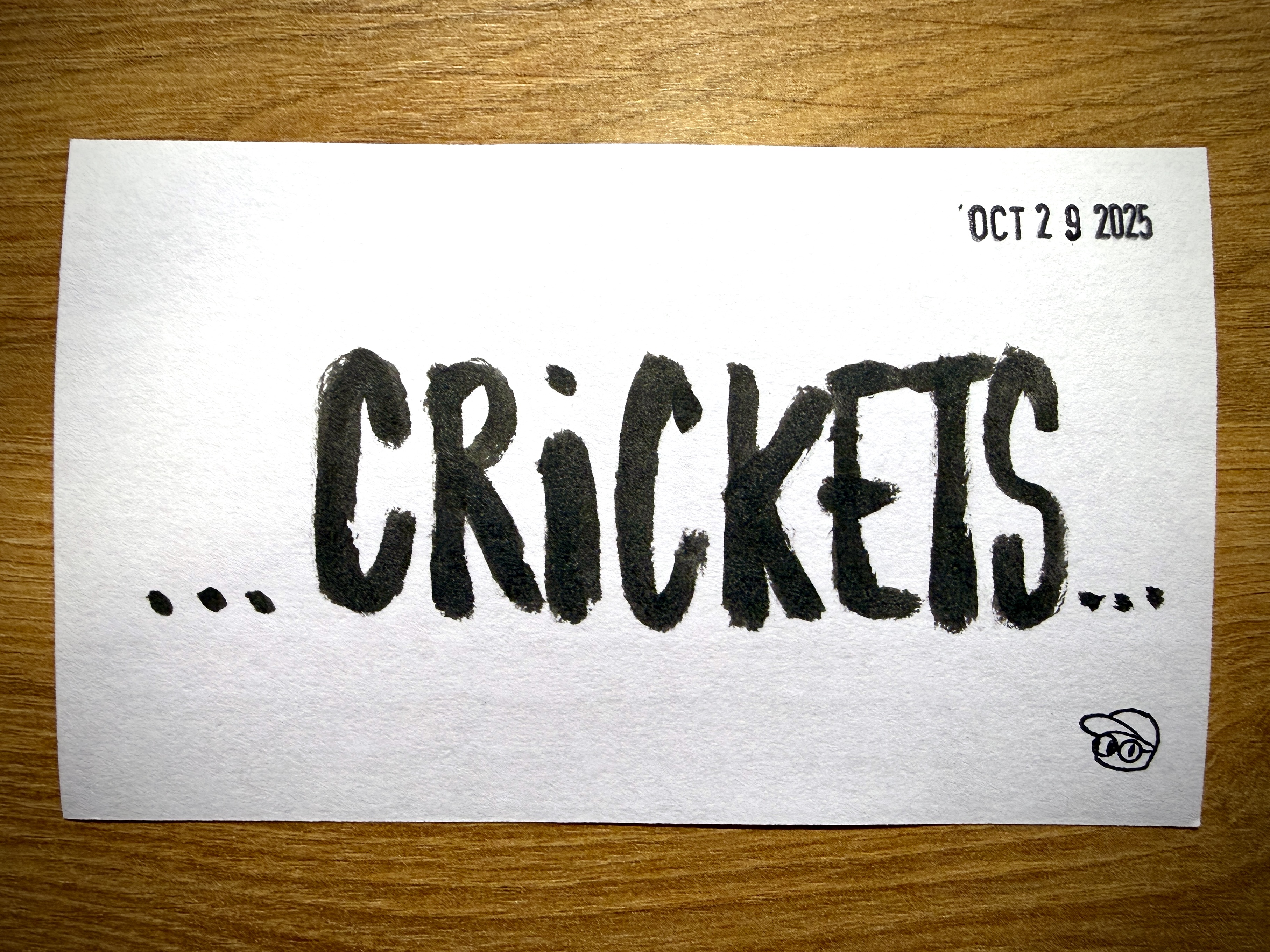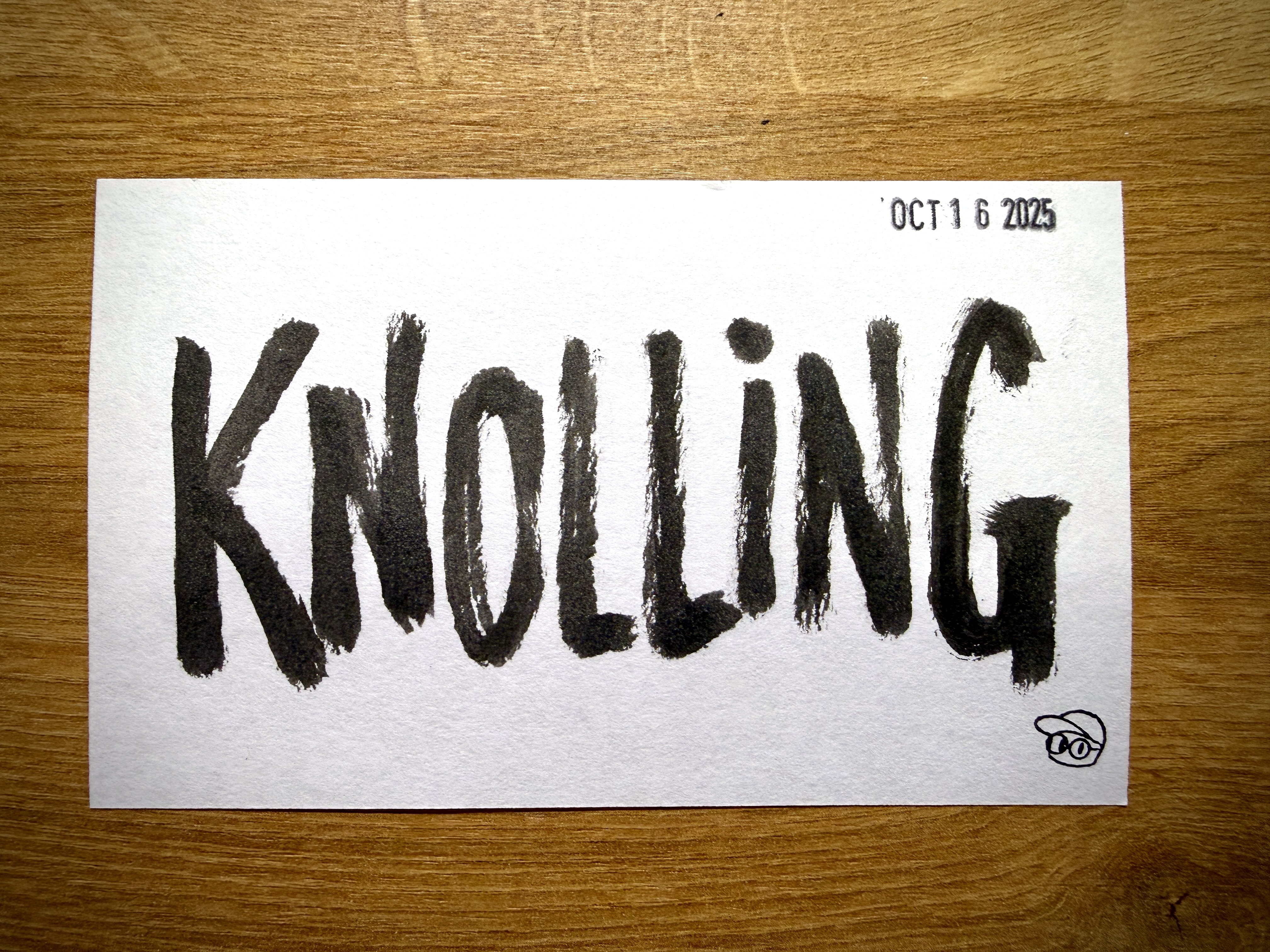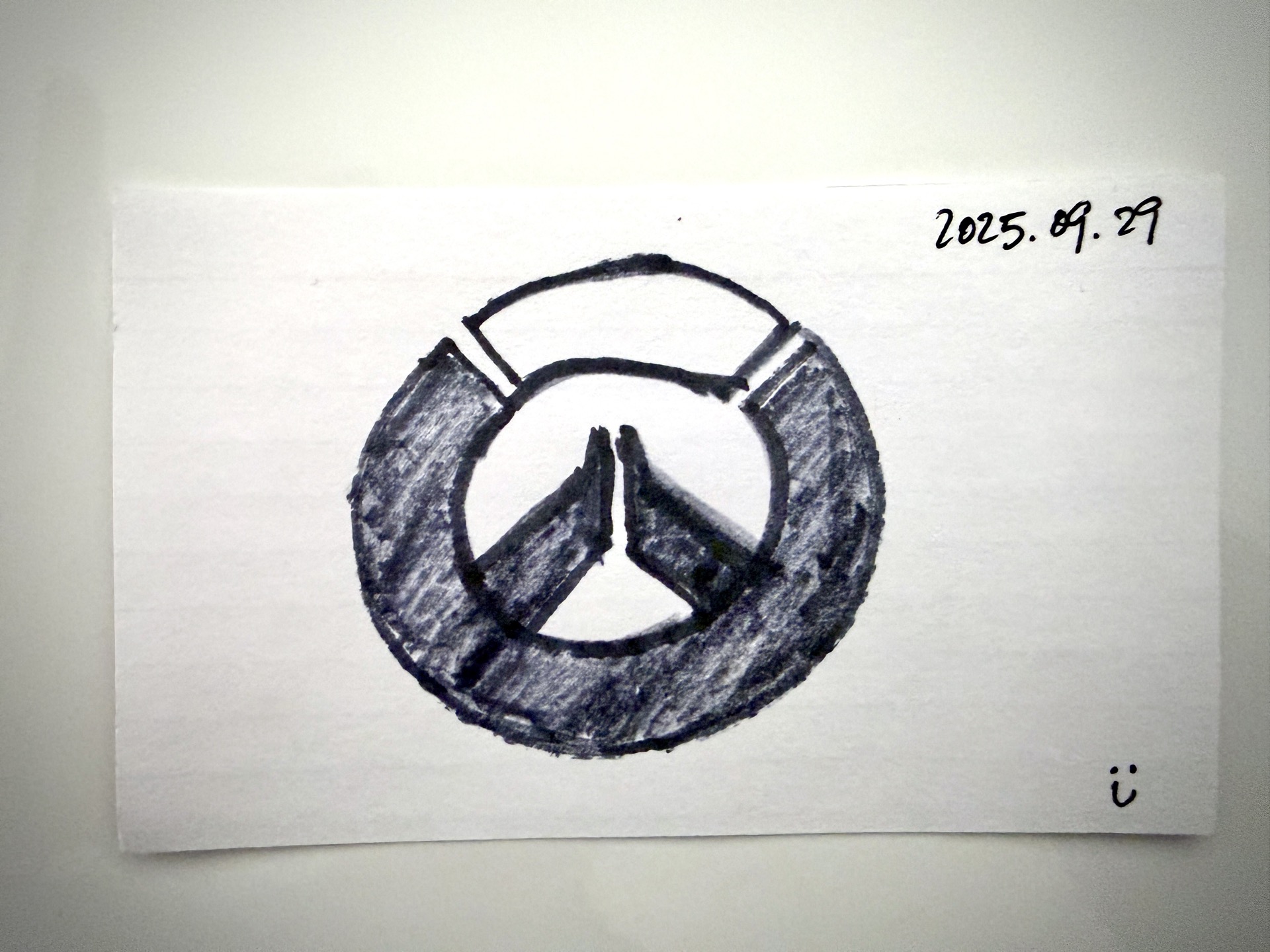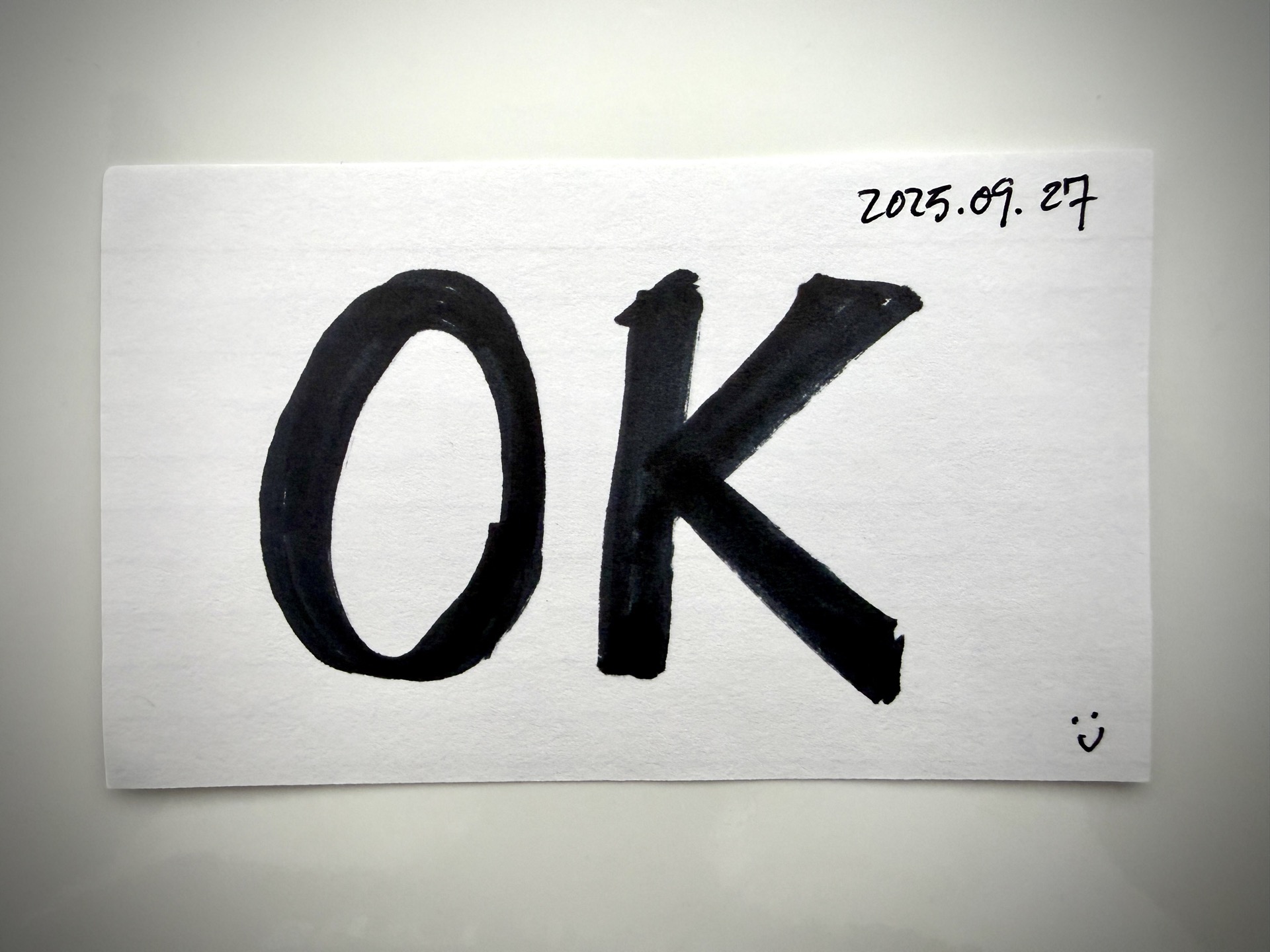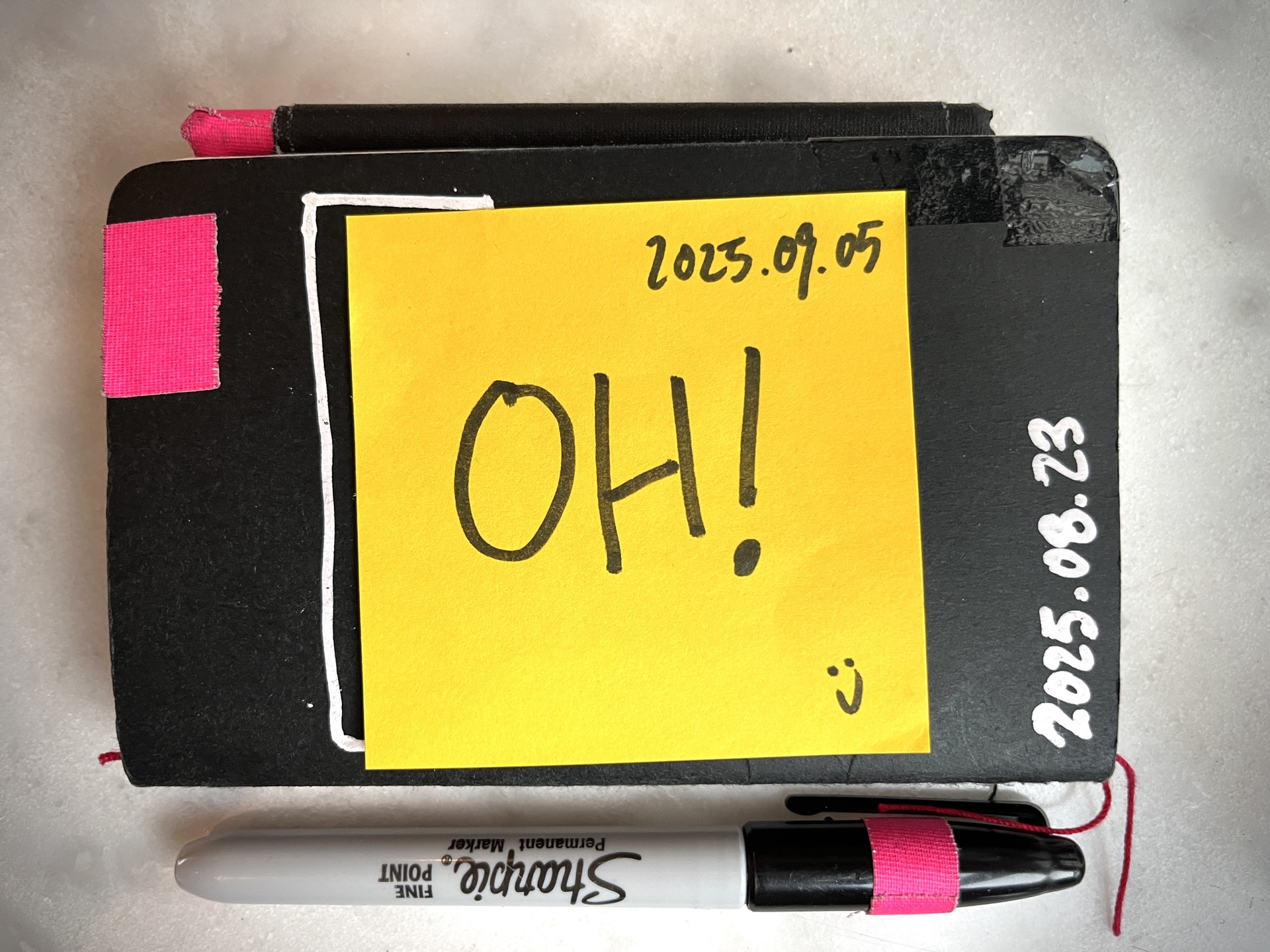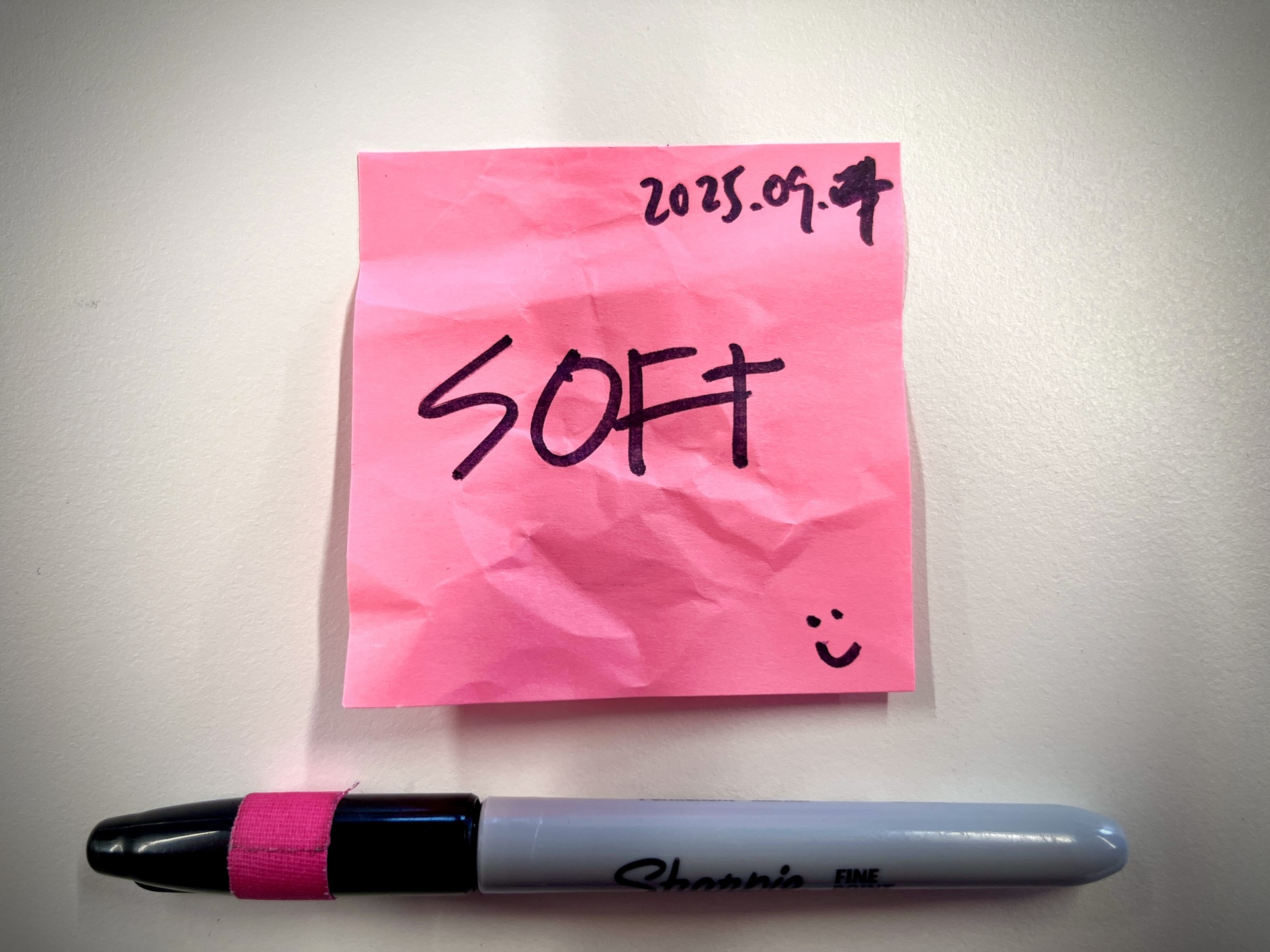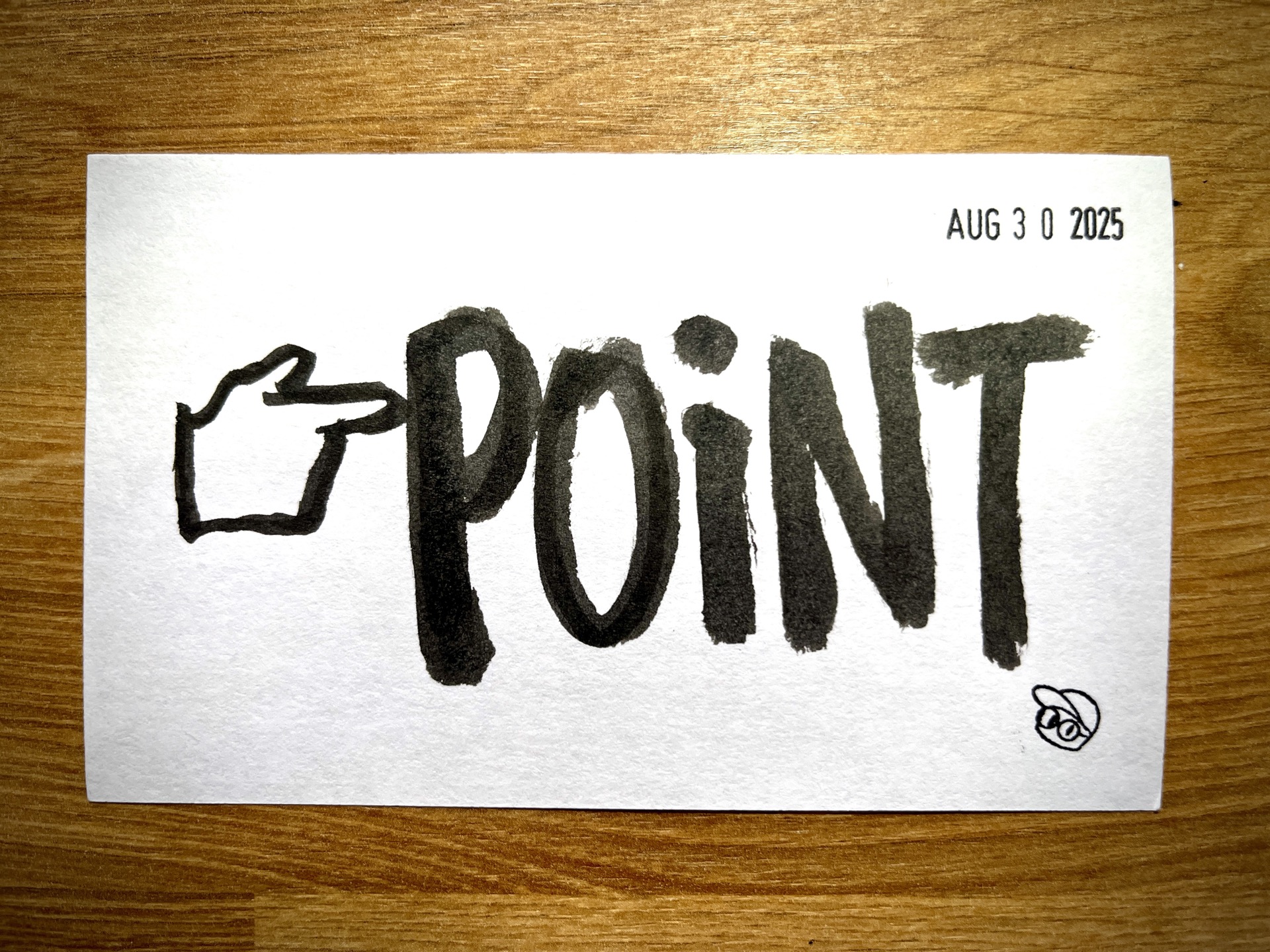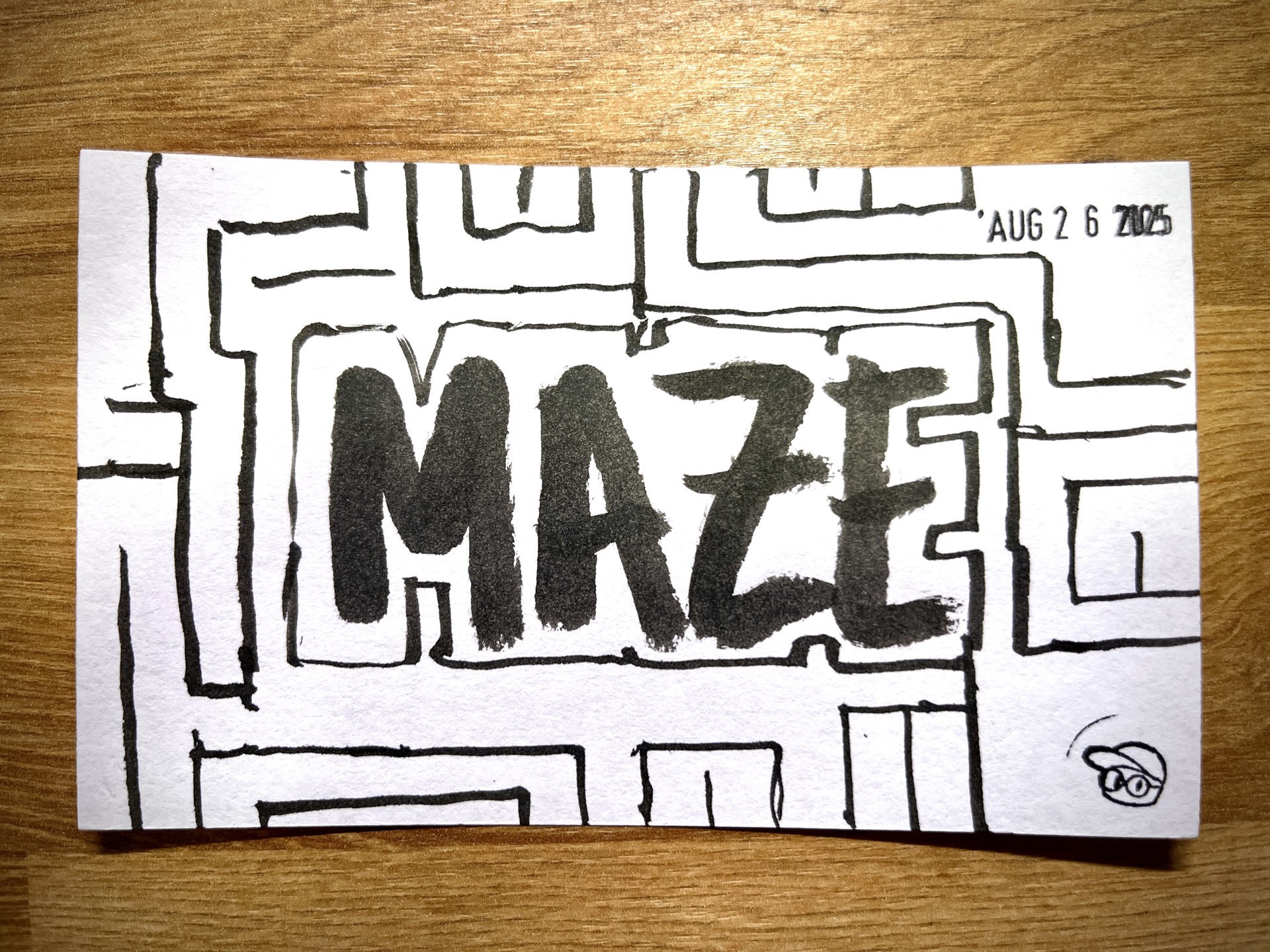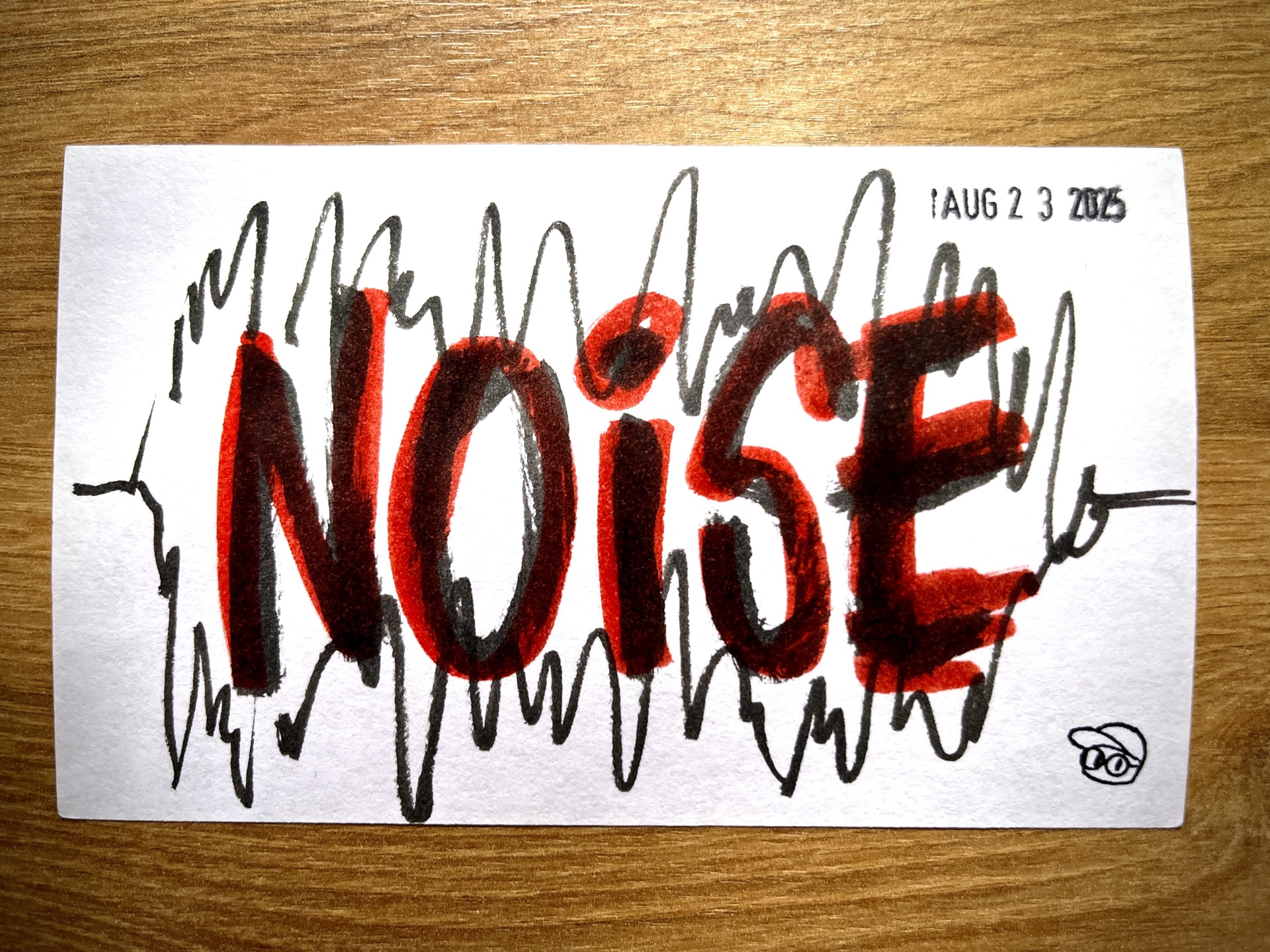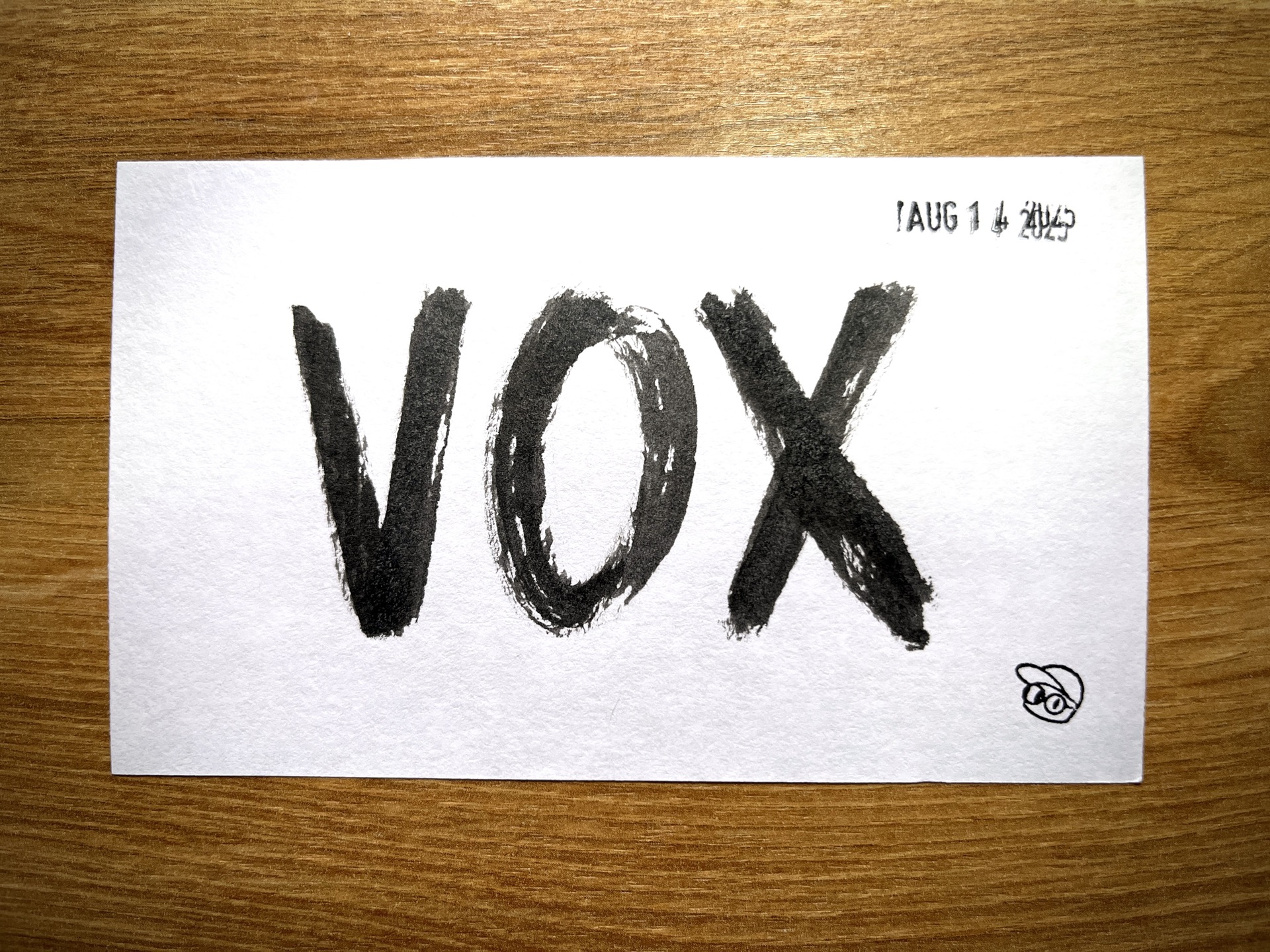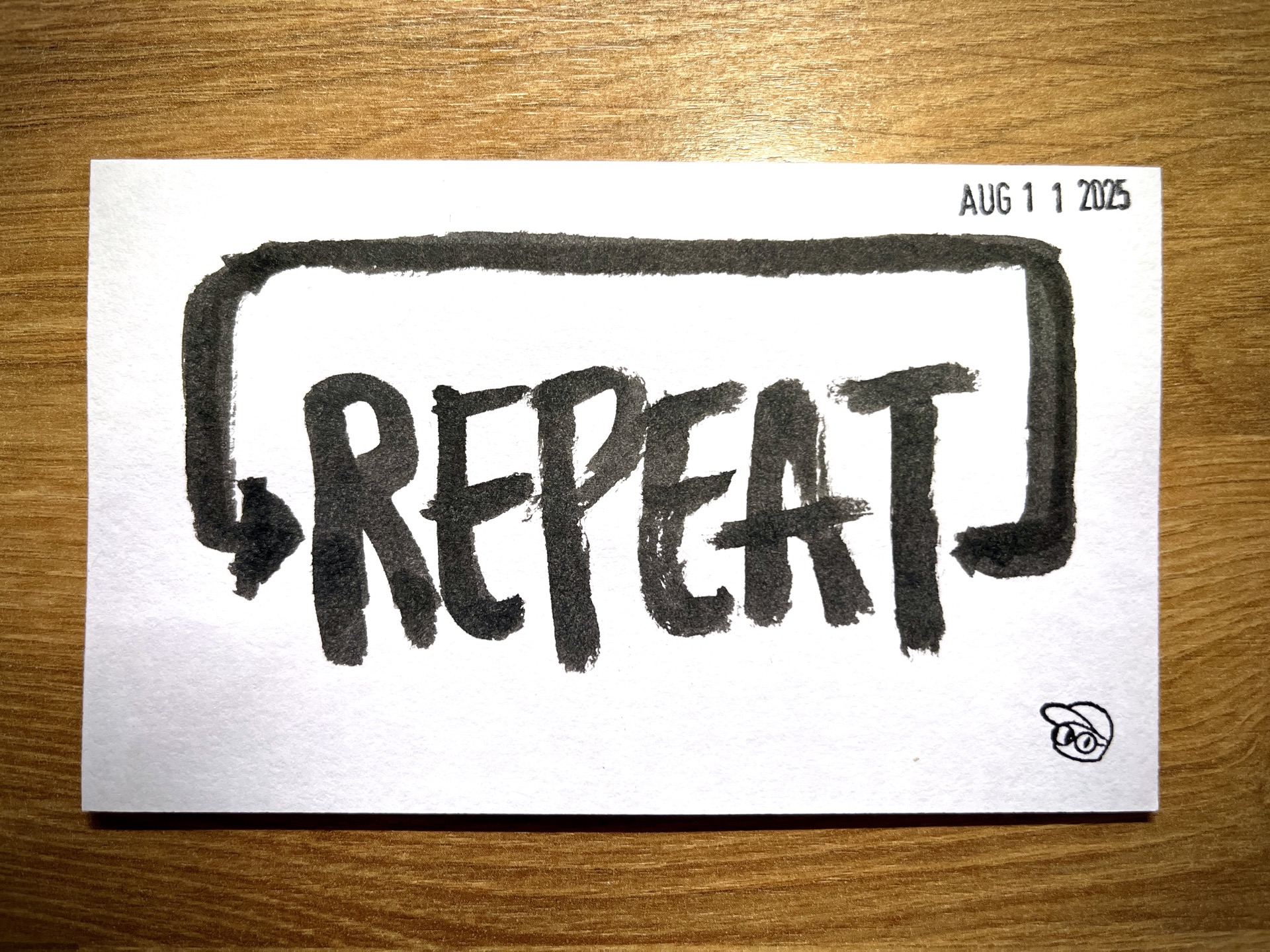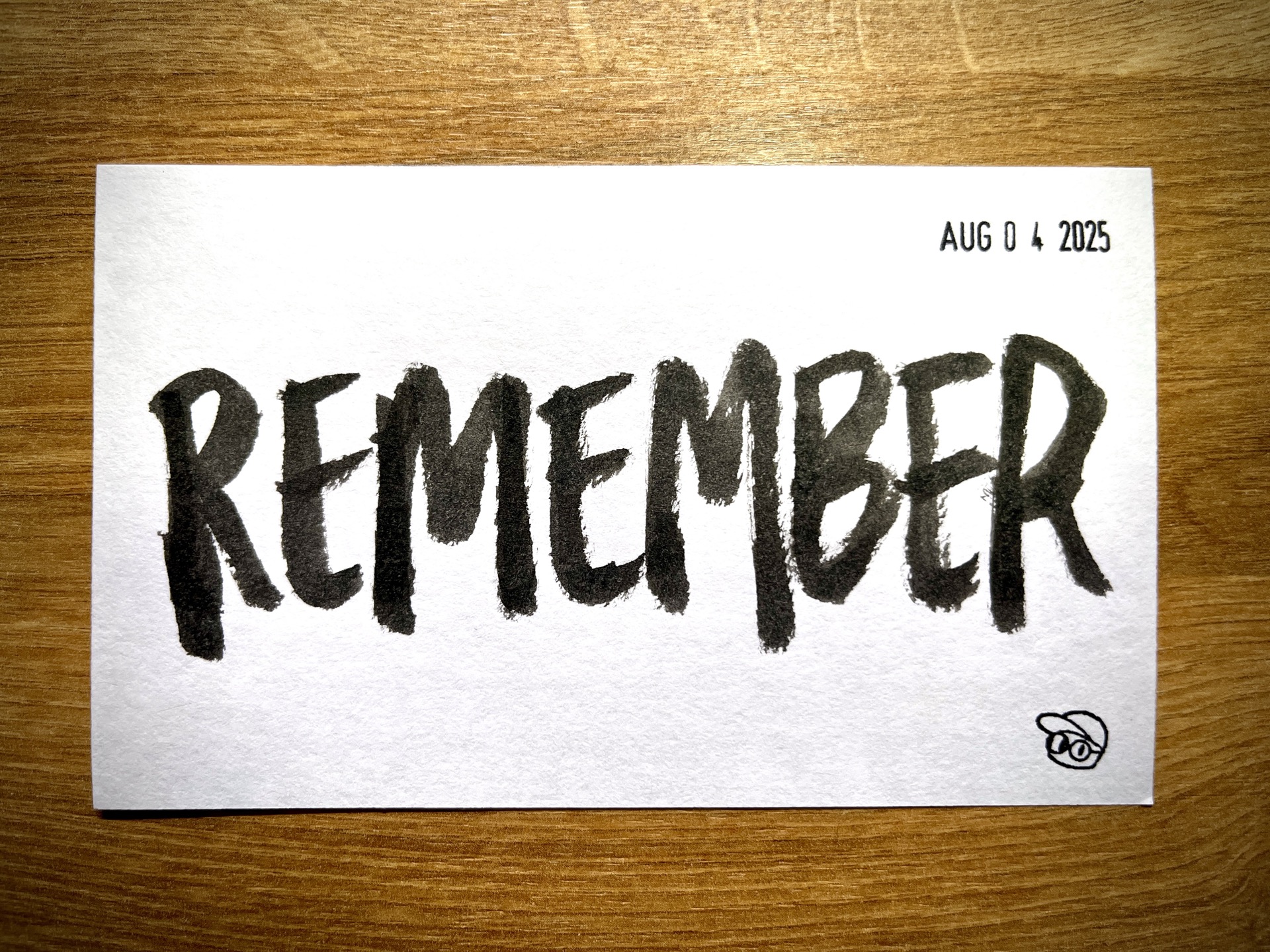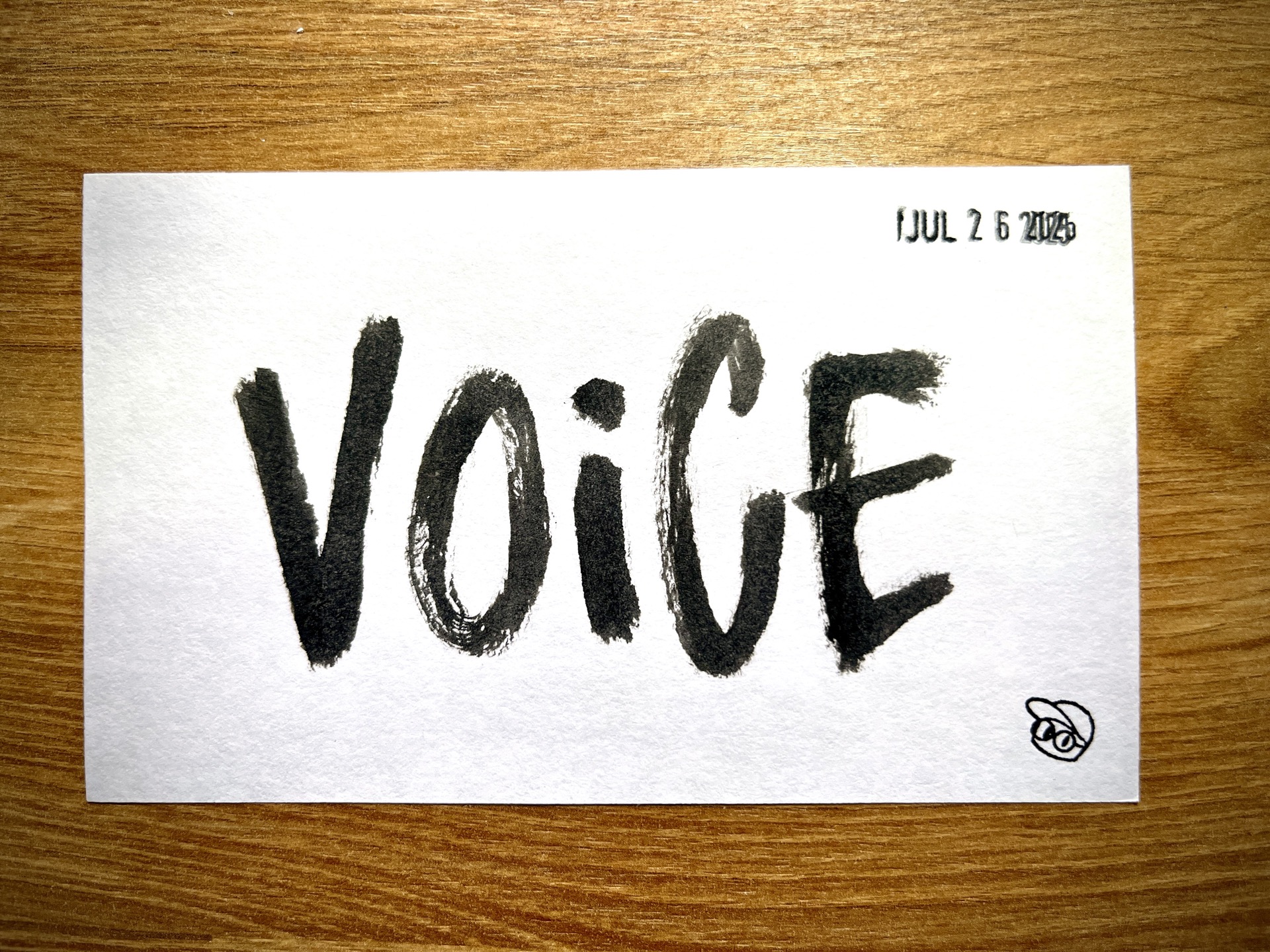Communication
Crickets
The room goes quiet. No applause. No reaction. Just crickets. That doesn’t mean it didn’t matter. Some of your best work will land without a sound.
Knolling
Lay it out. Group what’s alike. Align the edges. Remove what doesn’t belong. Step back. Look again. Clarity from cleaning.
Heard
Being “heard” isn’t about words—it’s about recognition. A tiny signal that says: I see you, I got you, we’re in this together.
Overwatch
Roles don’t carry teams. Rhythm does. See the people. Sense the shifts. Balance. Support. Move.
OK
All the planning, all the process, all the polish — it circles back to the same thing: Are we going to be OK?
Page
That instant when everyone silently admits: the chaos is too much. Time to stop, reset, and literally get on the same page.
Oh!
The rollercoaster of misses, near-misses, and breakthroughs—all summed up in a single soundtrack: OH NO! OH YES!
Soft
Soft skills don’t show up in Jira or sprint demos. But they shape how teams move, how trust builds, and whether the work actually sticks.
Point
Funny thing about pointing: it looks silly, but it works. A flick of the hand or a chin tilt can cut through the fog faster than a paragraph ever could.
Maze
A problem is like a maze: no clarity, just walls and dead ends. The only way forward—scout, leap, map, move. And trust that together, you’ll find the way out.
Noise
Noise is everywhere—loud, constant, relentless. The skill isn’t escaping it. It’s tuning in, tuning out, and learning to amplify what truly matters.
Vox
I don’t just use my voice to capture thoughts — I use it to find them. Speaking is often how I work through the mess to figure out what I really want to say.
Repeat
Repetition isn’t redundancy—it’s the craft of making ideas stick, and the discipline of carrying them until they do.
Remember
A few too many “I think”s and “Maybe”s were all it took to spotlight the seam in my system — and push me to finally close the loop.
Voice
Finding your voice isn’t magic. It’s repetition, it’s cringe, and it’s the weird moment when you realize you’re no longer imitating anyone else.
